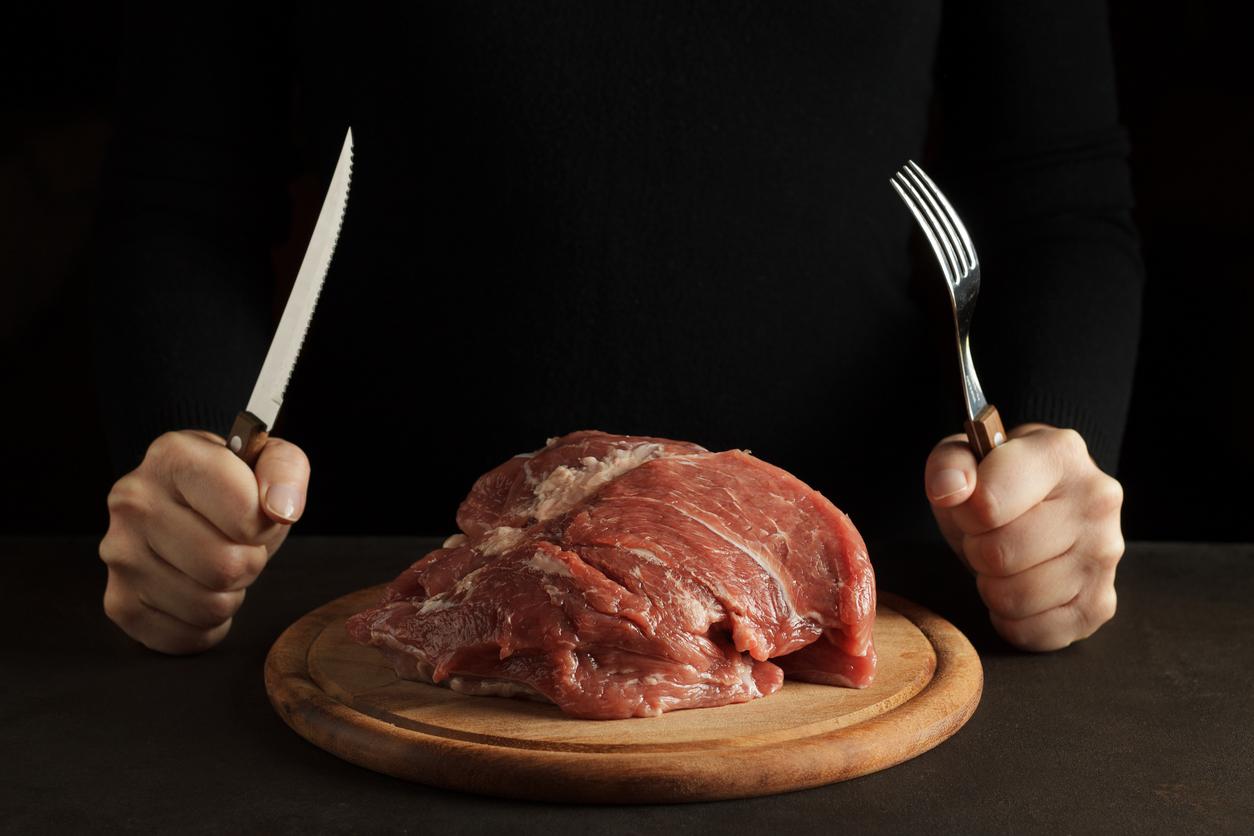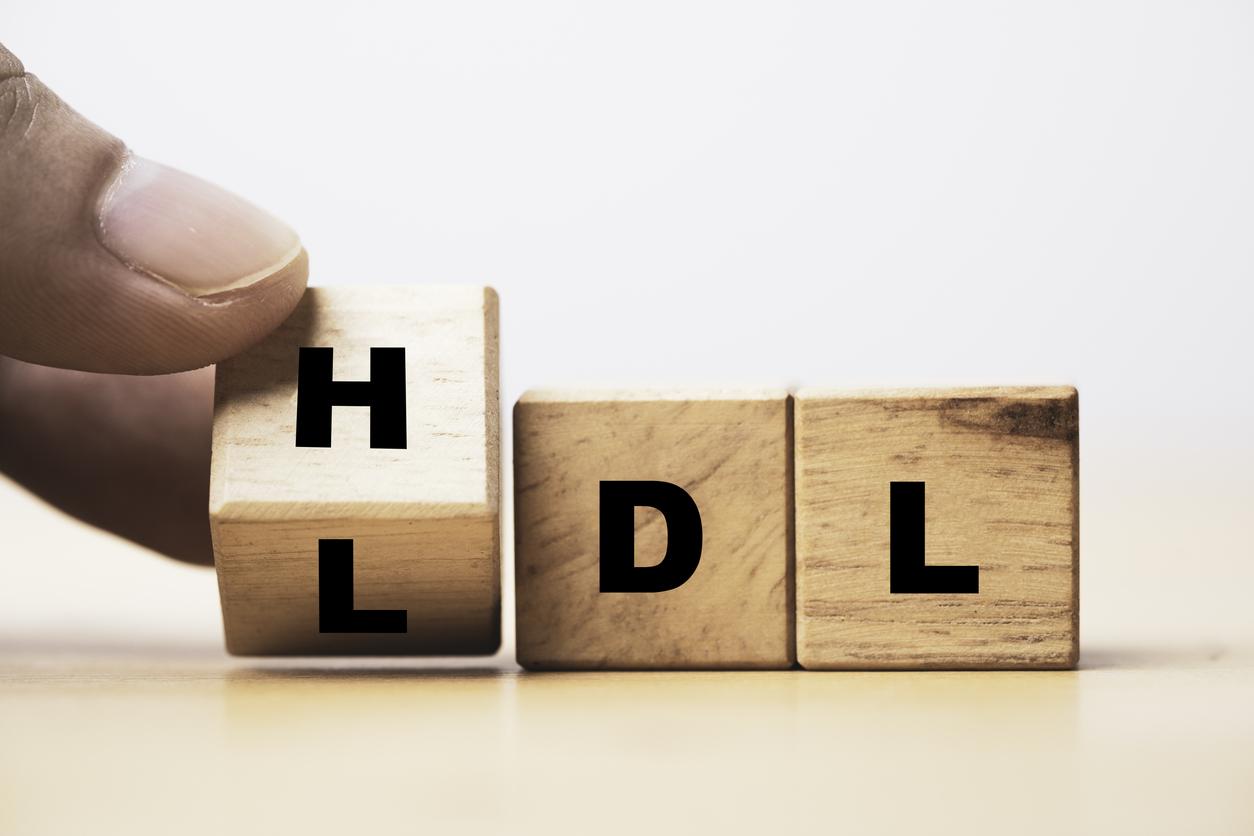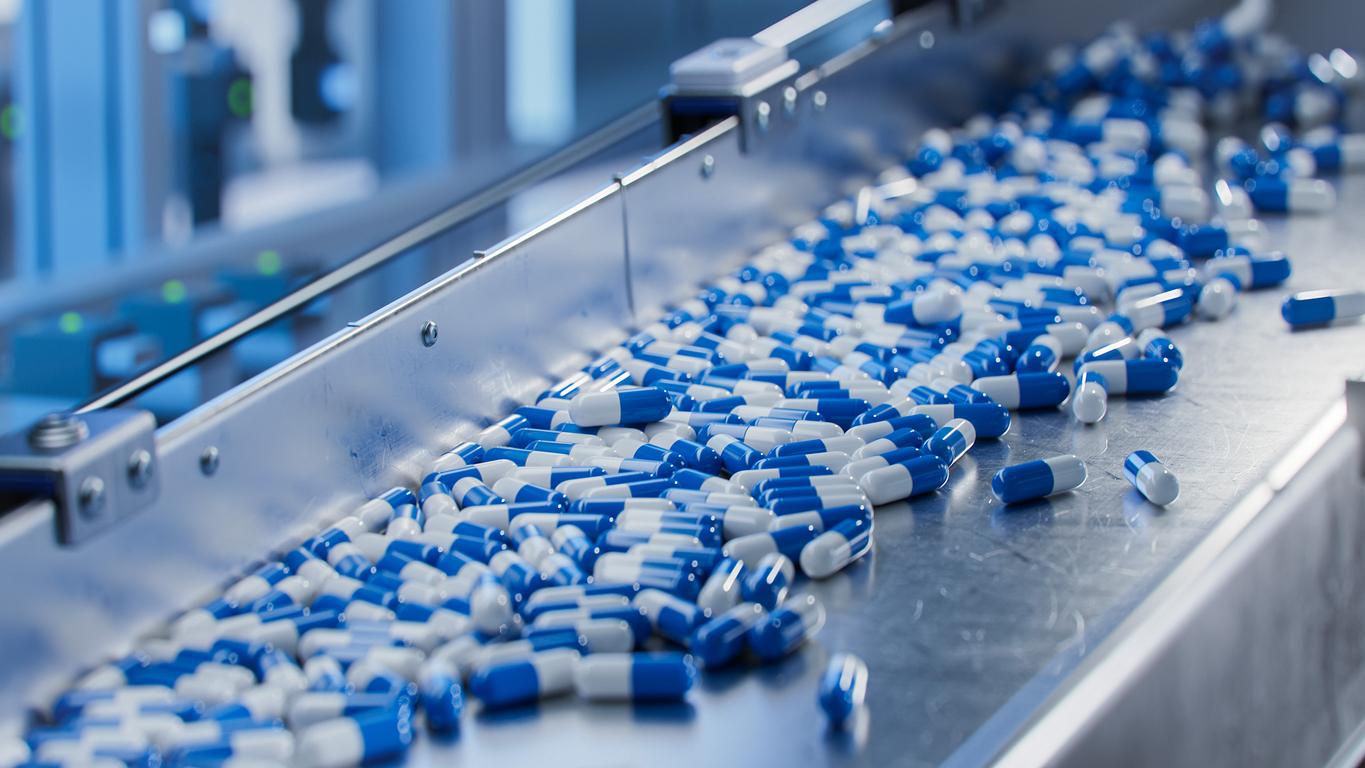Cholesterol: statins not systematic
When we have a high rate of “bad “cholesterol one should not rush on the drugs. “There is no emergency to treat with a drug. Because, the lower the cardiovascular risk, the lower the benefit of the treatment”, summarizes Professor Eric Bruckert, doctor at the Pitié hospital. -Salpêtrière, in Paris and founding member of the Association for Research on Cholesterol.
In the event of cholesterol, it is necessary first of all to modify your daily habits: eat more balanced, play sports, limit alcohol, stop smoking … A well-managed diet allows, in fact, to reduce by 5 to 30% the level of “bad” cholesterol (LDL-cholesterol). Drug treatment is therefore not necessary if the levels drop sufficiently by changing his lifestyle.
You should also know that lowering your cholesterol level by taking statins without changing your lifestyle and diet, does not change the cardiovascular prognosis.
Statins, cholesterol and cardiovascular risks
The risk of having a heart attack would not always be proportional to the level of cholesterol measured in the blood. But statins are often prescribed for this purpose precisely in order to limit cardiovascular risks … “Lowering cholesterol in healthy people would therefore be of no use, with some exceptions”, already estimate in 2004 several dozen researchers, cardiologists and doctors. Americans. Considering that the generalization of statins is not “based on scientific evidence”, these experts even called, at the time, the re-evaluation of studies on statins by an independent committee.
This does not greatly surprise Dr. Michel de Lorgeril, author of two books whose titles perfectly summarize his opinion on this subject: “Tell your doctor that cholesterol is innocent, he will treat you without medication” and “Cholesterol, lies and propaganda “, published by Thierry Souccar. This cardiologist, a CNRS researcher, is campaigning for the indications and prescriptions for statins to be revised. Not to mention that the National Health Insurance Fund estimated in 2003 that more than 30 to 50% of prescriptions did not correspond to medical recommendations.
Only one thing is certain: cholesterol is not the main cause of heart disease. One only has to look at tobacco, responsible for a third of infarction myocardium (and 75% before the age of 40).
Statins: towards a more rational use
In recent years, half of people who have had a heart attack had relatively low bad cholesterol levels. Perhaps next to the cholesterol level, we should look at that of a marker of inflammation of the arteries: CRP (C reactive protein). In patients with low “bad” cholesterol but high CRP, 20 mg of statin per day would decrease the risk of cardiovascular accident by nearly 50%. An interesting lead that requires further investigation, but which could change the indications for statins.
On the other hand, certain combinations of molecules could prove to be beneficial. Niacin (vitamin B3), combined with simvastatin, would limit the narrowing of the arteries and reduce by 60 to 90% the occurrence of an accident (heart attack, stroke). Taking coenzyme Q10, a cardio-protective antioxidant whose synthesis is blocked by statins would also reduce the intensity of muscle pain in some patients by 40%.
“Before, summarizes Professor Bruckert, we” hit “hard when people were already sick. Tomorrow, we will act sooner and more effectively.” Statins have not said their last word. It is likely that we will confirm new properties in the years to come: on the risk of stroke, prevention of osteoporosis, protection against senile dementias, immunity … In the meantime , it is only a question for the patients to use them better and, for the doctors, to prescribe them better.
















